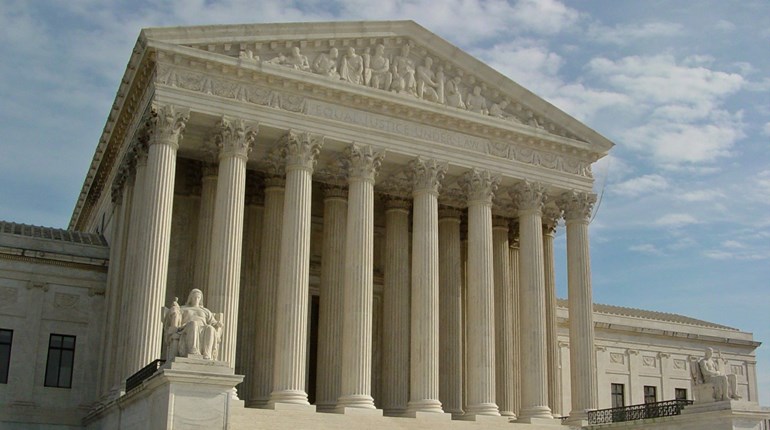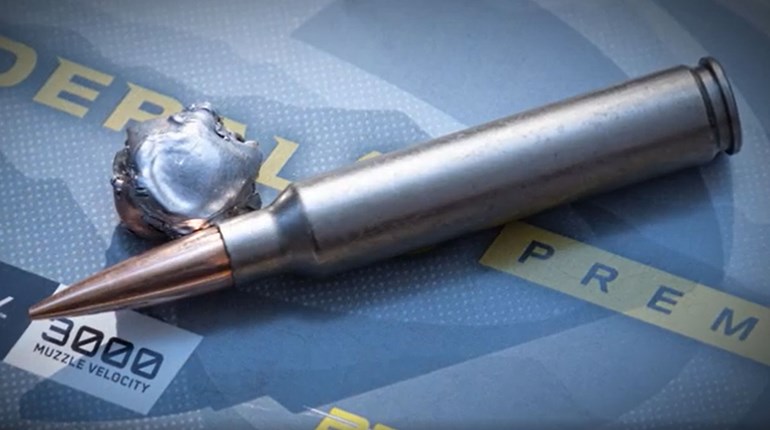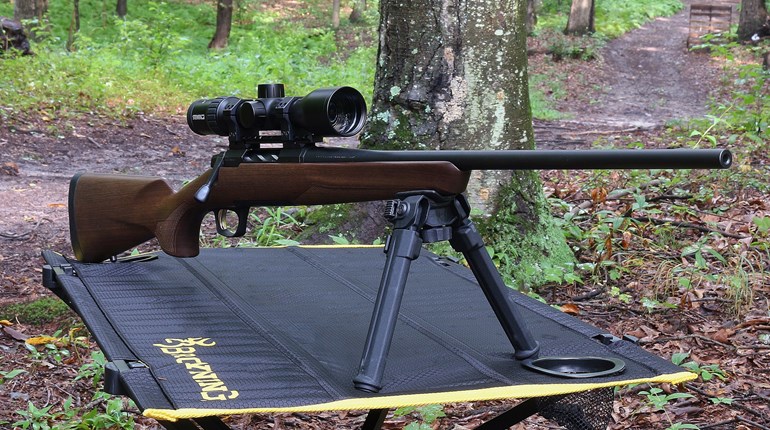
“But why should the gun industry get a blanket protection from civil liability?” a very smart and experienced journalist asked me after watching one of the Democratic presidential debates.
“You’re a good journalist,” I said, “so I’m sure you’ve read the Protection of Lawful Commerce in Arms Act (PLCAA), but have just forgotten what it actually says, right? So go back and look again and you’ll see that President Barack Obama and Hillary Clinton are lying.”
I then emailed him a link to the text of the PLCAA. He later replied with, “Oh.”
The thing is, so many are buying this lie that if Clinton gets into the White House, she might get the chance to repeal the PLCAA and begin again what President Bill Clinton started—allowing politically motivated lawsuits to hold gunmakers and sellers liable for the actions of criminals in order to bankrupt the gun industry.
Here’s what they are saying:
On Jan. 7, President Obama had in an op-ed in The New York Times that said, “Congress has … guaranteed that [gun] manufacturers enjoy virtual immunity from lawsuits, which means that they can sell lethal products and rarely face consequences. As parents, we wouldn’t put up with this if we were talking about faulty car seats. Why should we tolerate it for products—guns—that kill so many children each year?”
Clinton said in the first Democratic debate that America’s gun manufacturers “are the only business in America that is wholly protected from any kind of liability. They can sell a gun to someone they know they shouldn’t, and they won’t be sued. There will be no consequences.”
Clinton repeated this claim on CBS News’ “Face the Nation” by saying gun manufacturers are “the only industry in our country where we have given that kind of carte blanche to do whatever you want to do with no fear of legal consequences.”
Anti-gun groups lie right along with Clinton and Obama. Dan Gross, president of the Brady Center to Prevent Gun Violence, said, “PLCAA is as low as it gets—a truly evil piece of special interest legislation that strips the rights of already devastated families.”
The Brady Campaign even says it “co-authored” a bill that has been introduced in Congress to repeal the PLCAA.
Rep. Adam Schiff, D-Calif., one of the sponsors of the bill that would repeal the PLCAA, told The Hill, “If you’re a carmaker and your airbags kill someone, you’re potentially liable. If you’re a pharmaceutical company and sell faulty drugs, you can be held liable. If you’re a liquor store and sell alcohol to minors, you can be held liable. Why should it be any different for gun manufacturers?”If a gun manufacturer makes a faulty product, the company can be sued. If a gun maker or dealer breaks any law, they can be prosecuted.
Fact is, it’s not.
If a gun manufacturer makes a faulty product, the company can be sued. If a gunmaker or dealer breaks any law, they can be prosecuted.
The PLCAA was passed and signed into law in 2005 to halt class-action lawsuits that were attempting to hold gunmakers civilly liable for the actions of criminals. The lawsuits filed against gunmakers and sellers were akin to someone suing the carmaker that made the auto Lakeisha N. Holloway allegedly drove onto sidewalks to intentionally mow down people along the Vegas Strip last December. In this case, the car manufacturer is obviously no guiltier than Colt would be if one of its guns, sold legally, was later used in a crime.
The PLCAA simply protects gunmakers from civil liability “resulting from the criminal or unlawful misuse of a qualified product by the person or a third party.”
The PLCAA specifically says that it does not protect gunmakers in “any case in which the manufacturer or seller knowingly made any false” statement or “aided, abetted, or conspired with any person in making any false or fictitious oral or written statement with respect to any fact material to the lawfulness of the sale or other disposition of” a firearm.
The PLCAA also doesn’t protect the “manufacturer or seller [if they] aided, abetted, or conspired with any other person to sell or otherwise dispose of a qualified product, knowing, or having reasonable cause to believe, that the actual buyer of the qualified product was prohibited from possessing or receiving a firearm or ammunition …”
Other things the PLCAA doesn’t protect gunmakers from include: a “breach of contract or warranty in connection with the purchase of the product”; “an action for death, physical injuries, or property damage resulting directly from a defect in design or manufacture of the product” and more.
Gunmakers hardly have “carte blanche” from civil liability, as Clinton claimed, and in fact are just as suable as any other manufacturer that makes a faulty product or breaks any law. Politifact looked into this and ruled Clinton’s claim to be “false.”
What Clinton wants is the ability to again attempt to bankrupt the gun industry through frivolous lawsuits. She wants this power so badly she is willing to lie to achieve it.

































